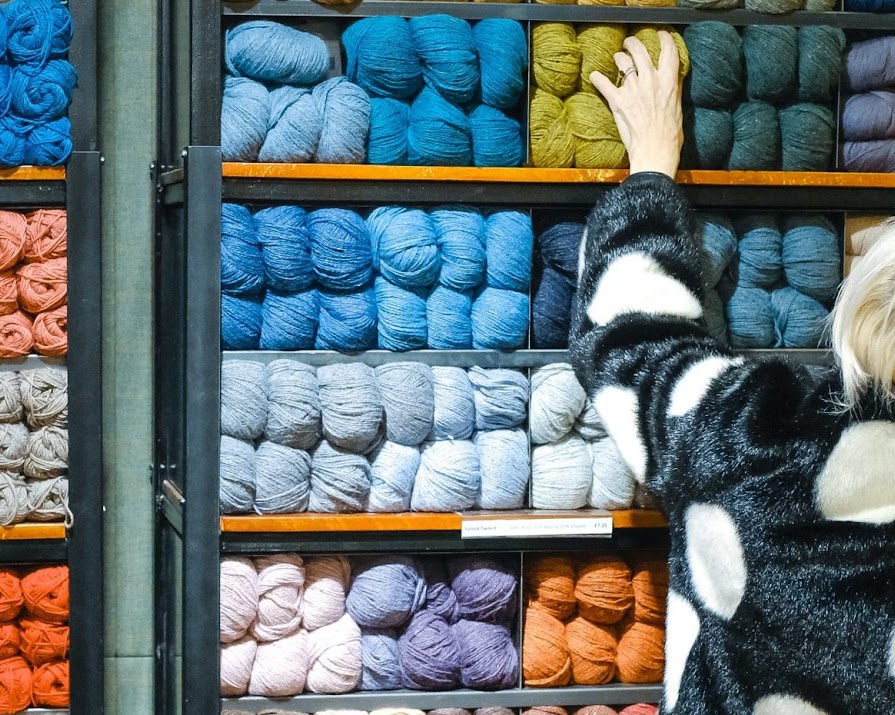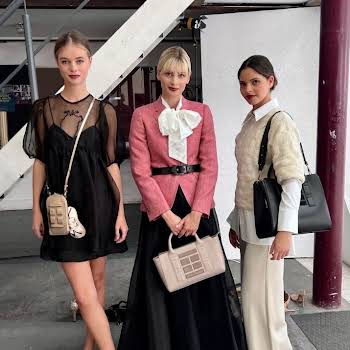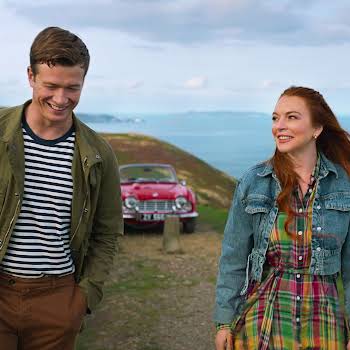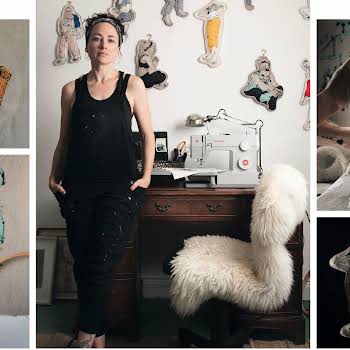
By Niamh ODonoghue
07th Jul 2018
07th Jul 2018
Boutiques – like the ones we’re rewarding in our new Boutique Awards – are helping to shape the narrative that eco-friendly is not just for hippies or women who wear casual clothes: it’s for everyone, so let’s be a part of the story. Not all heroes wear capes, but they probably wear conscious fashion…
It takes about 2,700 litres of water to make just one T-shirt. When was the last time you bought a piece of clothing that was made from biodegradable materials, used less water, wasn’t made from underpaid labour, or didn’t use harmful chemicals? It could be argued that a lack of variety and product readily available, as well as higher costs, deter people from buying ethically.
Right now, we’re witnessing a positive shift in the way our clothes are produced. Though high-street retailers are becoming more conscious about minimising the damage done to our planet, the switch to ethical is slow. This, though, is where the importance of boutique shopping comes into play.
Growing climate and economical concerns mean Irish designers are championing local, fair-trade produce made here at home. Some are choosing to produce garments using recyclable materials, some are going fur-free and some are changing their entire business models to ensure the clothing industry starts saving the planet, instead of harming it.
So, where should you go for ethical, sustainable clobber? A quick google search and 0.48 seconds later, I have 289K boutiques and online stores to choose from within Ireland; all ranging from indoor and outdoor furniture, bedding and homewares to pet supplies and baby clothes.
And while it might seem like Dublin is the only fashion capital on the island for stylish independent boutiques, it isn’t. The magic continues to happen outside the buzz of Dublin city and our new Boutique Awards exemplify this. Cork is chock-full with stylish, high-end independent oasis’. Limerick takes a fresh approach to modern dressing, while the west favours and treasures local craftswomen and craftsmanship.
Though some high-street retailers (like H&M, Topshop and Mango) are slowly introducing alternative methods of fashion production, there’s a long way to go yet. A big issue for customers like you and I is that it’s difficult to tell where and how a garment was made and whether it’s actually ‘green’. What sets independent retailers apart from high-street is that most Irish boutiques take pride in the fact they know and work with the people producing their stock. Some non-independent retailers will display ethical information or marks of sustainability on their clothing tags, though it’s entirely up to the brand on how transparent they choose to be. So, while they might have impressive charts on their website about ethical processes, your jeans could, in fact, be made by tiny, tiny hands. It’s worth taking 15 minutes to find accurate information about where your fast-fashion originates from.
If you’re the type of responsible consumer who wants to make a change regarding where your money ends up, then this index of boutique’s to try around Ireland will be your cup of evening tea. It’s thought that the entire retail industry will be in jeopardy by 2030 because of a lack of natural resources, so there’s no time like the present to start saving the world.























